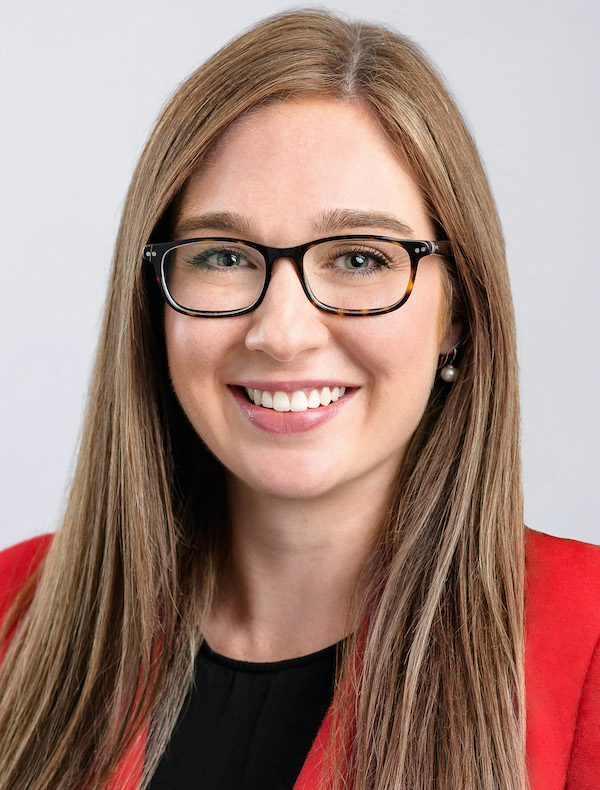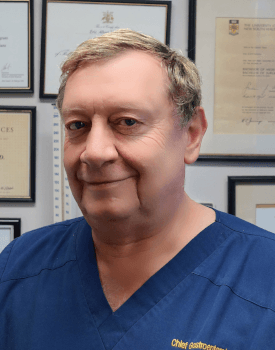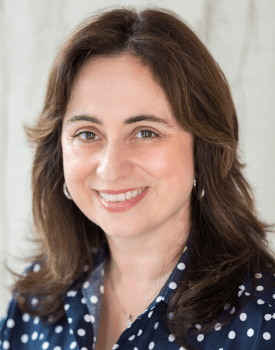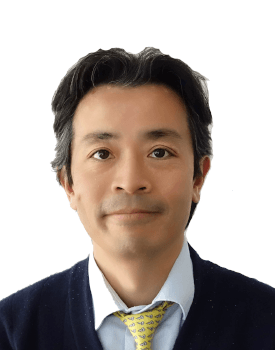ULCERATIVE COLITIS
ULCERATIVE COLITIS
What are the characteristics of ulcerative colitis?
Ulcerative colitis is a chronic inflammatory disease of the colon of unknown aetiology. Most commonly it affects the young adult but can occur at any age. Some genetic linkages are present as the disease is seen in families. It can be associated with Crohn’s Disease, and may be present for the first time in patients who stop smoking or reduce chronic smoking habits. Four percent of patients have intercurrent liver disease either as sclerosing cholangitis or autoimmune hepatitis. Other systemic manifestations such as iritis, arthritis and skin lesions reflect activity of the disease. Appendicectomy as a child seems to confer protection from developing the disease.
What is the presentation of ulcerative colitis?
The severity of a first acute attack generally dictates prognosis. Patients who present with severe diarrhoea, bleeding and hypoalbuminaemia usually have a total colitis and require aggressive therapy. About 10% of these patients eventually require proctocolectomy and formation of an ileo-anal “J” pouch anastomosis. Patients with left sided disease generally have similar symptoms but are not usually as sick. Most respond well to therapy but some with resistant left sided disease may eventually require surgery. Inflammatory change localised to the rectum is termed proctitis. Only a small proportion of these patients will develop proximal disease. These patients usually have a degree of constipation associated with rectal urgency and bleeding.
How is ulcerative colitis diagnosed?
A patient who presents with several weeks of symptoms is not likely to have an infectious cause. Nevertheless, stool cultures are mandatory, particularly looking for amoebic parasites. Full blood count, protein levels, inflammatory markers ESR and CRP are checked. Rigid sigmoidoscopy generally establishes the diagnosis but a colonoscopy with biopsies is necessary to ascertain the extent of the disease. A standard colonoscopy with bowel preparation can make an active colitis patient extremely sick.
How can ulcerative colitis be treated?
The patient who is severely sick with diarrhoea, bleeding, anaemia and tachycardia requires hospital admission. Intravenous steroids and rehydration are required. The less severe patient is managed initially with oral Prednisone 25-50mg daily. Oral 5-ASA derivatives are commenced such as Sulphasalazine, Mesalazine, or Olsalazine in the appropriate dosage. Prednisone or Mesalazine enemas are used for difficult rectal disease where oral preparations do not usually help. A patient with severe intractable disease who has steroid dependency may require a steroid sparing agent second-line drug such as Azathioprine or 6-Mercaptopurine. Some 50% of these patients achieve remission with Azathioprine. Monitoring is required of the FBC and LFTs with Sulphasalazine and the second-line drugs for allergic hepatitis and neutropaenia.
Prognosis of ulcerative colitis
90% of patients do well on oral 5-ASA tablets and/or enemas. A course of oral steroids may be required for flare ups. Surgery is reserved for severe or fulminant cases or those with chronic unremitting symptoms. Colonoscopic surveillance is undertaken after a ten year history for dysplasia assessment, especially those with total involvement of the colon. A family history of adenomatous polyps or colorectal cancer increases the risk of malignancy.
OUR SPECIALISTS
SERVICES
OUR ADDRESS
| Level 10 & 11, 1 Newland Street Bondi Junction NSW 2022 |
| Level 10 : Procedures |
| Level 11 : Consultations |








